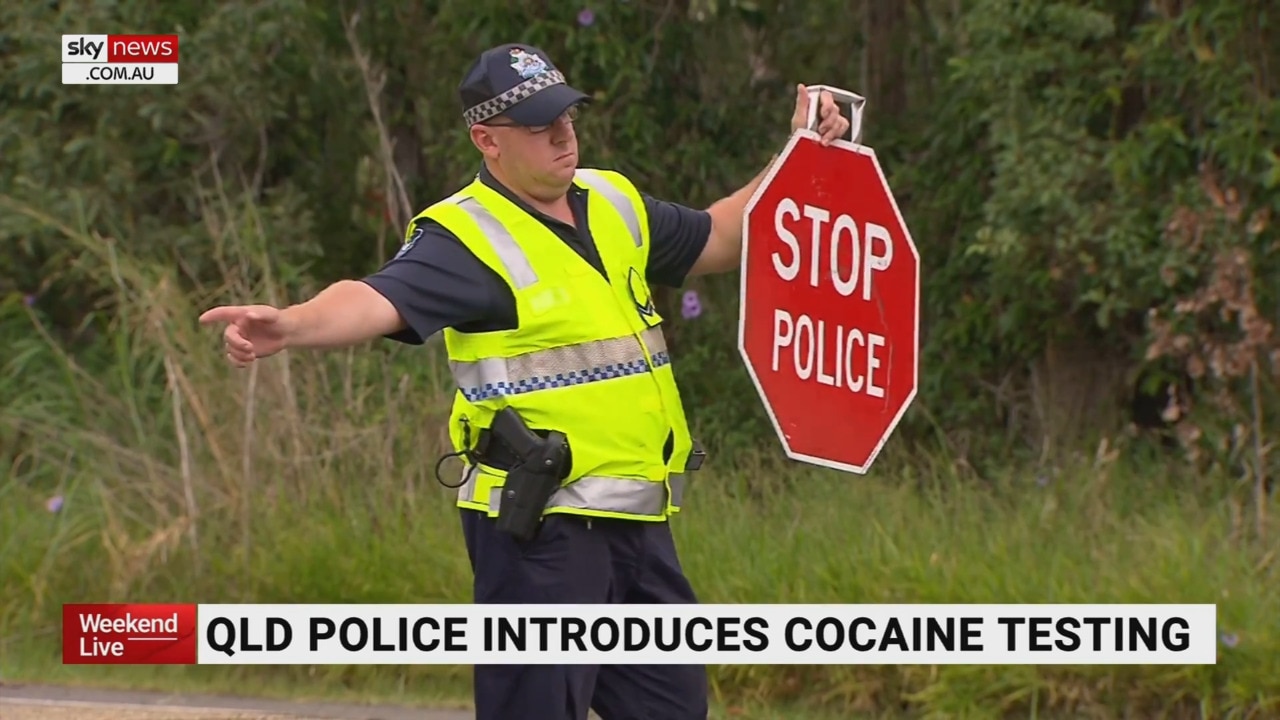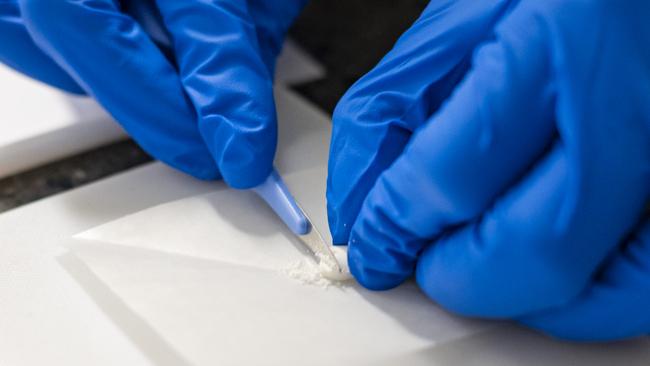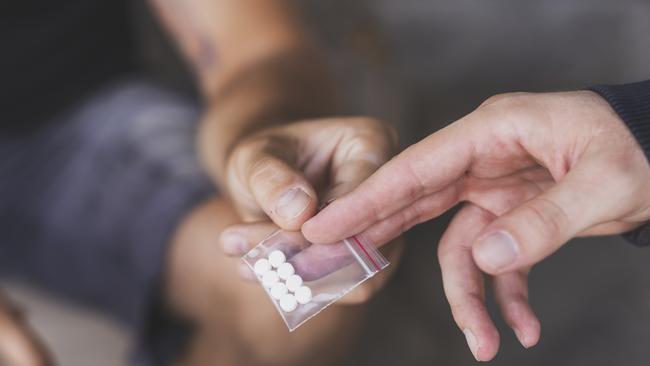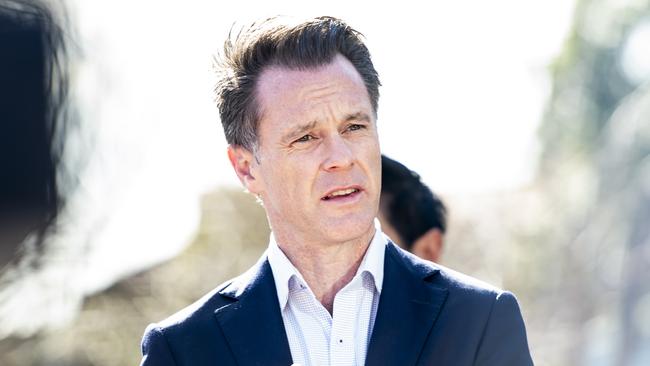NSW Premier Chris Minns pushed to implement drug testing ahead of festival season
Drug safety advocates have pressured one state to trial testing services ahead of a busy festival season, with one expert fearing an increase in overdoses.

A leading emerging drugs researcher has warned of the need for drug-checking services ahead of a potentially fatal “scorching summer festival season”.
National Centre for Clinical Research on Emerging Drugs director Nadine Ezard’s call has been spurred by a “worrying trend” of people ingesting a drug that isn’t what they believe it to be.
On Monday, a contingent of 20 drug safety advocates across the legal, medical and welfare space petitioned NSW Premier Chris Minns to trial drug-checking services.
Signatories including the Royal College of GPs, the Australian Lawyers Alliance, Unharm and the Network of Alcohol and other Drugs Agencies (NADA), who called for fixed and mobile checking sites across NSW, citing the success of a six-month drug-checking service run by CanTEST and the ACT government.
Professor Ezard said immediate action was necessary or “we will see more overdoses this summer”.
“We’re also starting to see some worrying trends in some of the stimulant drugs that might be used at festivals and parties, and some of them include opioids (that turn out) to be a completely unexpected drug,” she said.
“People are purchasing on a completely unregulated market and it could be anything. “Drug checking might at least change that balance a little bit so you know a bit more about what’s in that substance.”

While NSW Health issues public drug notices via the Centre for Alcohol and Other Drugs, Professor Ezard said on-ground testing was the “missing piece”.
“Drug checking can help us to actually see what’s happening on the ground because a lot of the tox data comes from surveillance data from police seizures and we’re not getting so much from what people are consuming,” she said.
She said high temperatures could also exacerbate the symptoms of overdose in some substances, particularly MDMA, which will cause the body to overheat if too much is consumed
Professor Ezard said drug-checking services could help punters avoid inadvertently taking too much, or accidentally ingesting, MDMA, believing they are taking a difference substance.
“We need to be making sure people are not taking too much MDMA in a hot setting over a long period of time,” Professor Ezard said.
Chief executive of Unharm, a charity that aims to prevent and control of drug addiction, Will Tregoning, feared drug policies were a “recipe for disaster”.
“Scientific analysis and stigma-free advice in drug-checking services helps people make better informed decisions about their drug use,” he said.
“Drug-checking services can also refer people to other drug-related health services and support when required. For many people, this may be the first time they’ve ever spoken with a health professions about their drug use.”

However, NSW Premier Chris Minns has remained apprehensive to enact any new changes in lieu of a wider policy review.
Previously, the government has ruled out announcing further reform until a yet-to-be-announced drug summit is held.
Mr Minns said policy reform, including implementing drug checking, would require “complicated” considerations, including work with law enforcement.
“A pill-testing regime is only in place in one jurisdiction in the country and that’s the ACT,” he said.
“No other state has adopted similar changes to policy in their states as a result of the ACT trial.”
Mr Minns also appeared dubious over the efficacy of whether drug checking, and identifying the components in a substance, would actually prevent overdoses and deaths.
“There’s no amount that you can take that will make sure that you’re completely safe as a result of consuming it,” he said.
“I’ve got to be clear here that compromised drugs and the consumption of that is not necessarily the reason leading to deaths at music festivals.
“It might be overuse or overconsumption rather than there being a dangerous element that has been added to the drug.”

Dan Howard, the commissioner who led the state’s special commission of inquiry into the drug ice between 2018-20, said it was time for more immediate change.
He said a drug-checking service is evidence-backed and was one of the 109 recommendations handed down by the inquiry more than 3½ years ago.
“My special commission of inquiry heard a great deal of evidence and concluded that there is a strong and compelling evidence base to support drug checking as an effective harm reduction measure in conjunction with other harm reduction strategies,” he said.
“The success of the CanTEST program in the ACT has provided further compelling evidence yet NSW continues its inexplicable paralysis on this pressing issue.”
After taking three years to respond to the report, the former government accepted 85 of the reports recommendations, however rejected its calls for a statewide clinically supervised substance testing program.
A drug-checking pilot was also welcomed by RACGP’s Specific Interests Addiction Medicine chair Hester Wilson.
“I encourage the NSW Minns government to support the safety and wellbeing of NSW residents by allowing both mobile and fixed substance safety checking sites to operate in NSW,” she said.
Originally published as NSW Premier Chris Minns pushed to implement drug testing ahead of festival season


